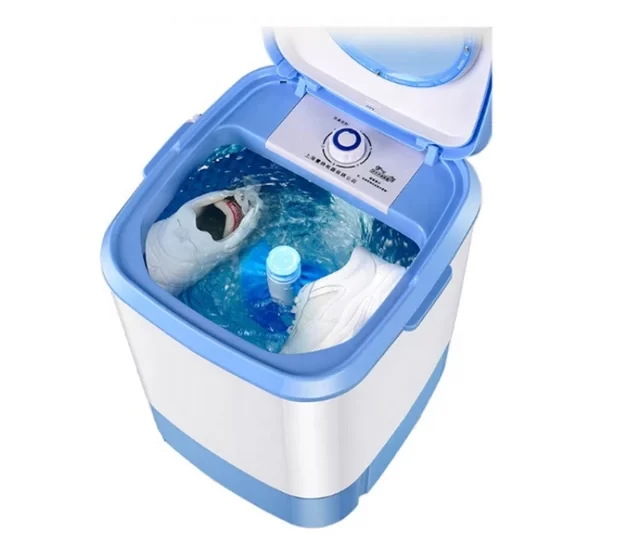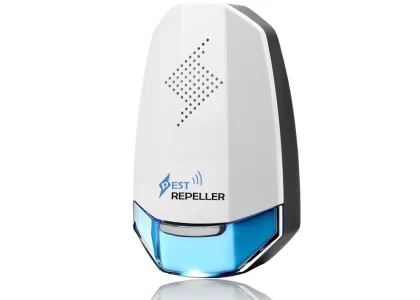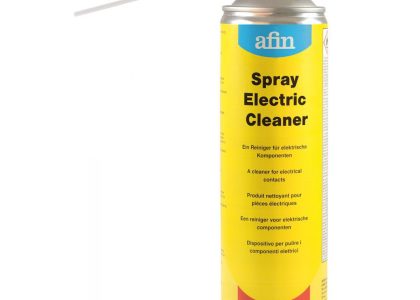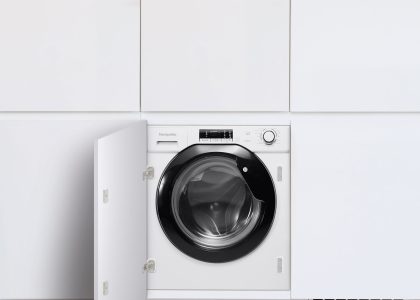Washing machines are one of the most essential appliances in our homes. They save us time and effort when it comes to laundry. However, like any machine, washing machines can break down. When this happens, you may wonder about the cost to repair it. This article will provide a detailed look at the average costs involved in washing machine repairs. We will explore various factors that influence these costs and give you tips on how to save money.
 Understanding Washing Machine Repairs
Understanding Washing Machine Repairs
Common Problems with Washing Machines
Before diving into costs, it is important to understand some common problems that washing machines face.
- Leaking Water: This issue can stem from worn-out hoses or door seals.
- Unusual Noises: Grinding or banging noises can indicate problems with the drum or motor.
- Failure to Start: This can be caused by faulty wiring or a defective lid switch.
- Not Spinning: A machine that does not spin can have issues with its drive belt or motor.
- Error Codes: Many modern machines display error codes that indicate specific problems.
Knowing these common issues can help you understand what might be wrong with your washing machine and anticipate repair costs.
Several types of washing machines
There are several types of washing machines, each with its own features and benefits:
Top-Loading Washing Machines: These machines have a lid on the top and allow you to load and unload clothes from above. They tend to have shorter wash cycles and are generally easier to load.
Front-Loading Washing Machines: These machines have a door on the front and are known for being more energy-efficient and water-efficient. They usually require less detergent and provide better cleaning performance.
Washer-Dryer Combos: These units combine both washing and drying functions in one machine. They are convenient for small spaces but may take longer to dry clothes compared to standalone dryers.
High-Efficiency (HE) Washers: Available in both top-loading and front-loading designs, HE washers use less water and energy than standard machines. They are designed to clean efficiently while being environmentally friendly.
Semi-Automatic Washing Machines: Common in some regions, these machines require manual intervention for certain tasks, like filling the water or transferring clothes from the washing tub to the drying tub.
Fully Automatic Washing Machines: These machines handle all processes automatically, including filling, washing, rinsing, and spinning, with just a single button press.
Portable Washing Machines: These compact machines are ideal for small living spaces and can be easily moved and stored.
Each type has its own advantages, so the best choice depends on your specific needs and space considerations.
The Importance of Timely Repairs
Ignoring small issues can lead to larger problems down the line. For instance, a small leak can become more severe if not addressed promptly. Not only do repairs become more difficult, but they also become more expensive. Therefore, timely repairs are vital.
Average Costs to Repair a Washing Machine
General Repair Costs
The cost to repair a washing machine can vary significantly based on several factors. However, most repairs typically range from $100 to $500.
- Minor Repairs: For simple fixes, such as replacing a door seal or fixing a hose, the average cost is often around $100 to $200.
- Moderate Repairs: Issues such as a faulty motor or electrical problems can cost between $200 to $400.
- Major Repairs: If you need a new drum or a complete motor replacement, costs can range from $400 to $600 or more.
Breakdown of Repair Costs
- Labor Costs: Labor generally accounts for about 20% to 50% of the total repair cost. Technicians charge on an hourly basis, and rates can vary by location.
- Parts Costs: Depending on the problem, parts can cost anywhere from $30 to $300.
Specific Repair Examples
- Replacing a Pump: This typically costs between $150 to $300.
- Replacing a Belt: Usually costs around $100 to $150.
- Replacing a Control Board: This can range from $200 to $400.
 Factors Influencing Repair Costs
Factors Influencing Repair Costs
Brand and Model of the Washing Machine
Different brands have varying repair costs. Generally, high-end models are more expensive to repair.
- Parts Availability: If the parts for your model are hard to find, this can drive up costs.
- Brand Reputation: Some brands have a reputation for reliability and lower repair costs. Others may have common issues that make repairs more frequent and costly.
Age of the Washing Machine
Older machines tend to cost more to repair. This is due to:
- Outdated Parts: Parts for older models may be harder to find.
- Frequency of Repairs: Older machines may need more frequent repairs, resulting in higher overall costs.
Location of Repair Service
The location of your repair service can significantly influence costs. Urban areas generally have higher labor costs than rural areas.
- Local Competition: Areas with many service providers may offer lower prices.
- Travel Fees: Some technicians charge extra if they must travel a long distance.
DIY Repairs vs. Hiring Professionals
Advantages of DIY Repairs
- Cost Savings: You can save on labor costs by doing it yourself.
- Learning Experience: Repairing your machine can help you learn more about how it operates.
Disadvantages of DIY Repairs
- Risk of Further Damage: A mistaken repair can worsen the problem.
- Time-Consuming: Repairs may take longer if you lack experience.
When to Call a Professional
If you are not confident in your skills, it is best to hire a professional. They have the knowledge and experience to diagnose and fix issues correctly.
 How to Reduce Washing Machine Repair Costs
How to Reduce Washing Machine Repair Costs
Regular Maintenance
Regularly maintaining your washing machine can help avoid costly repairs.
- Clean the Filter: Regularly checking and cleaning your filter can prevent clogs.
- Inspect Hoses: Periodically check for wear and tear on hoses.
Purchasing a Warranty
If you recently bought your washing machine, consider getting a warranty. A good warranty can cover many repair costs, making it easier to manage expenses.
Comparing Repair Quotes
Do not hesitate to get multiple quotes from repair services. This can help you find the best deal.
Some key trends:
The current trends in washing machines are influenced by advancements in technology, sustainability, and consumer preferences. Here are some key trends:
Smart Technology: Many modern washing machines come with smart features that allow users to control and monitor their machines via smartphone apps. These features often include remote start, notifications, and diagnostic tools.
Energy Efficiency: Energy-efficient washing machines are becoming increasingly popular as consumers seek to reduce their environmental footprint and utility bills. Look for models with high Energy Star ratings.
Water Conservation: Alongside energy efficiency, innovations in water-saving technology are gaining traction, with machines designed to use less water while still providing effective cleaning.
Compact and Stackable Designs: As living spaces become smaller, compact and stackable washing machines are in demand, especially in urban areas where space is limited.
Steam Cleaning Technology: Washing machines that utilize steam cleaning to eliminate stains and reduce wrinkles are becoming more common, appealing to consumers looking for enhanced cleaning performance.
Eco-friendly Cycles: Many machines now feature specific wash cycles that are designed to be gentler on the environment, such as cold wash settings and eco-wash options.
AI and Personalization: Some washing machines use artificial intelligence to learn users’ habits and preferences, optimizing wash cycles accordingly.
Sleek Designs: Aesthetic appeal is important; consumers are leaning towards stylish and modern designs that fit seamlessly into their home décor.
These trends reflect a growing consumer demand for efficiency, convenience, and sustainability in home appliances.
 Conclusion
Conclusion
In summary, the average cost to repair a washing machine can range from $100 to $600, depending on the severity of the issue and other influencing factors. Understanding common problems, weighing DIY repairs against professional help, and maintaining your machine can all help minimize costs. Regular maintenance is key to keeping your washing machine running smoothly and avoiding costly repairs.
By being informed and proactive, you can ensure that your washing machine remains a reliable tool in your home for years to come. Whether you choose to tackle repairs yourself or hire a professional, knowledge is your best ally in navigating the costs associated with washing machine repairs. Remember that the best approach to expenses is always prevention, so take the necessary steps to care for your machine, and it will serve you well.





